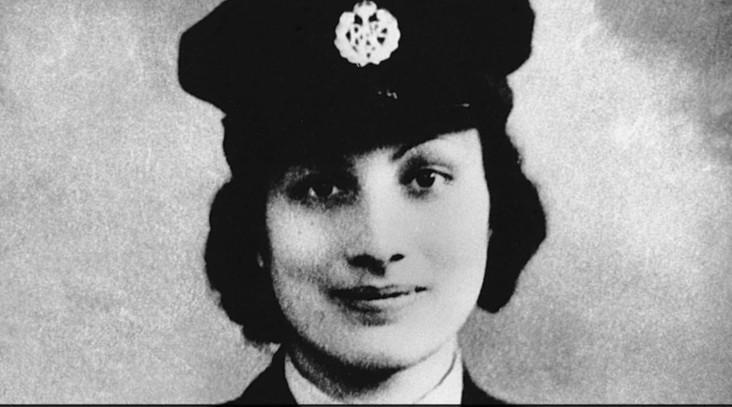
France Honours British Indian Spy & Tipu Sultan’s Descendant Noor
In a remarkable tribute, France has honoured Noor Inayat Khan, a descendant of the legendary Tipu Sultan and a World War II undercover British agent, with a commemorative postage stamp. This prestigious recognition makes Noor the only Indian-origin woman to receive such an honour. The commemorative postage stamp is a testament to Noor’s bravery and selflessness during World War II, where she risked everything to serve as a spy for the British government.
Noor Inayat Khan’s story is one of courage, sacrifice, and dedication. Born on January 2, 1914, in Moscow, Russia, Noor was the daughter of an Indian father, Inayat Khan, and an American mother, Ora Ray Baker. Her paternal grandfather was none other than Tipu Sultan, the infamous ruler of Mysore who fought against British colonial rule in India. Despite her family’s complex history with the British, Noor chose to serve the British government as a spy during World War II.
Noor’s journey as a spy began when she joined the Women’s Auxiliary Air Force (WAAF) in 1940. She was later recruited by the Special Operations Executive (SOE), a secret British organization that conducted espionage and sabotage operations behind enemy lines. Noor was trained in wireless operation and sent to France in 1943 to work as a spy. She adopted the codename “Madeleine” and transmitted crucial information back to the British government, helping to disrupt German operations in France.
However, Noor’s time as a spy was cut short when she was captured by the German authorities in 1943. She was interrogated and tortured but refused to reveal any information about her fellow spies or the British government. Noor was eventually sent to the Pforzheim prison in Germany, where she was kept in solitary confinement. In 1944, she was transferred to the Dachau concentration camp, where she was executed on September 13, 1944.
Noor’s bravery and sacrifice did not go unrecognized. She was posthumously awarded the Croix de Guerre, France’s highest civilian honour, and the George Cross, Britain’s highest civilian honour for bravery. The George Cross is equivalent to the Victoria Cross, which is the highest military honour in the UK. Noor’s awards are a testament to her courage and selflessness, and she remains the only Indian-origin woman to have received such prestigious honours.
The commemorative postage stamp issued by France is a fitting tribute to Noor’s legacy. The stamp features a portrait of Noor, highlighting her determination and bravery. The issuance of the stamp is a reminder of the significant contribution made by Indian-origin individuals during World War II. Noor’s story serves as an inspiration to people around the world, demonstrating the power of courage and sacrifice in the face of adversity.
The recognition of Noor’s contribution to the war effort is also a testament to the strong historical ties between France and India. During World War II, many Indian soldiers fought alongside French and British forces, playing a crucial role in the Allied victory. The commemorative postage stamp is a symbol of the enduring friendship between France and India, and a reminder of the shared values of bravery, sacrifice, and freedom.
In conclusion, the commemorative postage stamp issued by France in honour of Noor Inayat Khan is a fitting tribute to her bravery and selflessness. Noor’s story serves as an inspiration to people around the world, demonstrating the power of courage and sacrifice in the face of adversity. Her legacy continues to inspire people today, and her recognition by France is a testament to the strong historical ties between France and India.






